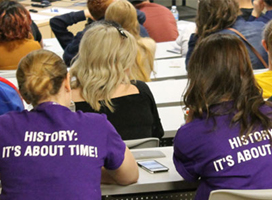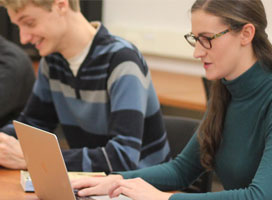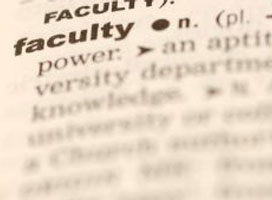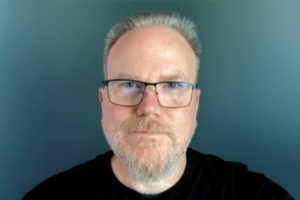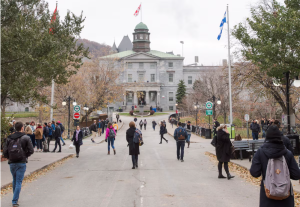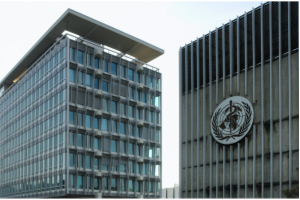About Us
The History Department studies the past to prepare historically informed global citizens for the challenges of today and tomorrow. Our faculty and students produce historical knowledge and interpretations that reveal how and why the past matters.
We have several areas of research focus in history: Canadian, Digital, Environmental/ Science/Medicine, Gender/Women, Indigenous, International/Global, Public History, Social/Cultural, and War/Conflict. Several of our faculty have cross-appointments to other departments or programs.
In geographic terms, we teach undergraduate and graduate courses on Canada, the United States, Europe, East Asia, Middle East, and Africa. Our department supports an undergraduate program in International Relations, in conjunction with the Department of Political Science, and we run an undergraduate program in American Studies. Our graduate students earn a PhD in History or MA in History. The MA options include a 12-month program, and a Public History field.
News and Updates
Popular Pages
Events
February 25, 2026
10:00-6:00pm (EST)
McCaffrey Seminar Series
Mary Baxter, PhD candidate
Divided Waters: The Early Years of Oil and Gas Extraction in the Great Lakes
Thursday, February 26, 2026
12:30pm (EST)
Research Seminar Series
Prof. Monda Halpern (History, Western University)
Without a Forwarding Address: Marital Desertion in Early Twentieth-Century Ontario
Thursday, March 5, 2026
12:30pm (EST)
History Graduate Conference
Spaces and Places: Exploring the Physical and Conceptual Environments
Friday, March 6, 2026
9:00-4:15pm
Lawson Hall 2270C
RSVP to historyrsvp@uwo.ca








